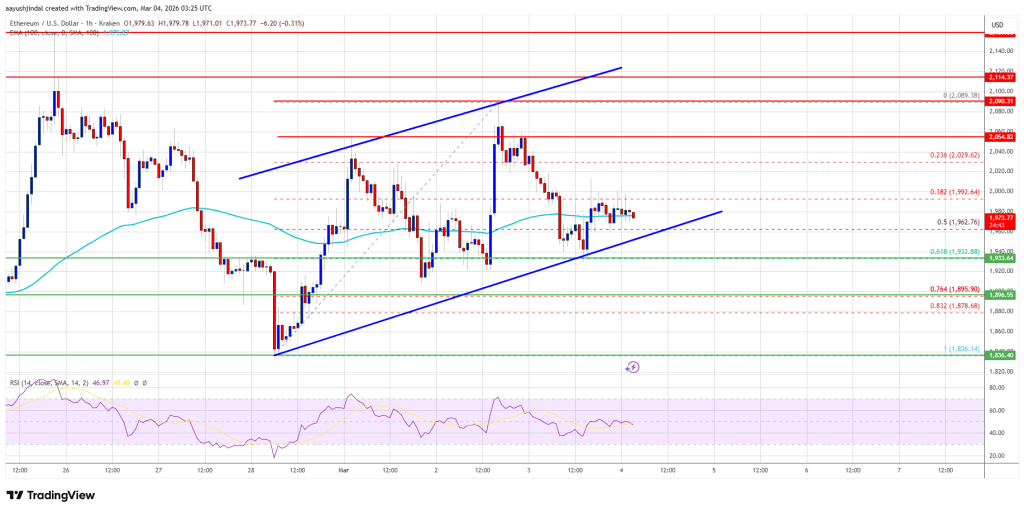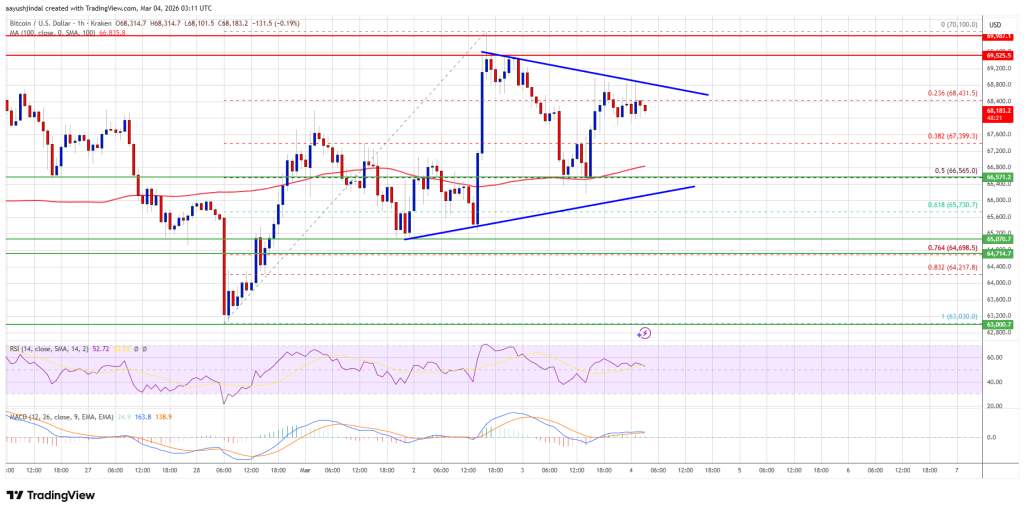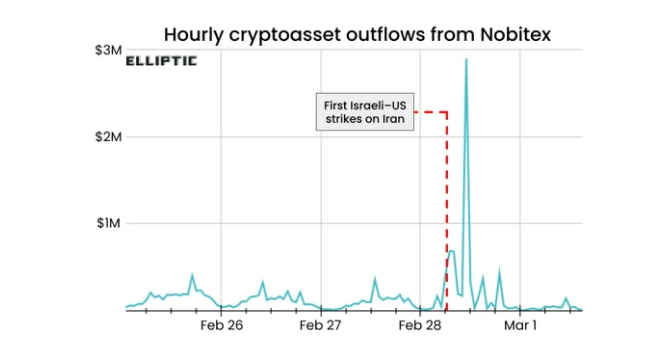
Not to buy Nikes in a virtualized shop: Web3Cast with Sten-Erik
Sten Erik had been active in the ICT field since 1983, building solutions, concepts, and projects (lately most in EU FP 7, Horizon 2020, and Horizon Europe programs. His main areas were the eMaintenance for advanced systems (research), command and control, competence/research/practices platforms, and in later years information logistics for sustainability transformation. He is a participant in the EU BlockChain Observatory and advisory board member of the EU Internet of Things.

From prediction to action, IoT (Internet of Things) is into everything. In fact, by 2024, IoT connections will hit 83 billion, says a study, done by Juniper Research. On the other hand, IoT devices are also expected to be at risk by cyberattackers. So how do you think the IoT technology will balance these pros and cons?
Beyond hardening the protection of hardware and communication structures the “protocols” for information exchange must be developed to prevent management fragmentation, secure transfer, access control, and security checks of the unit internal algorithms over time. P2P-based small-scale DB structures in combination with self-sovereign identities management and integrated management by distributed ledgers can be examples of such integrated security approaches.
How do you think the businesses are going to incorporate IoT-based technologies into their products and services? Do you think it’s going in the right direction?
Too many are jumping on the train too fast…
Abraham Lincoln once said, “Give me six hours to chop down a tree, and I will spend the first four sharpening the axe.” There is a massive risk that the overall IoT environment will be tremendously fragmented and those “standards” evolving over time will be both designed and defined by actors that will by their actions limit the usefulness and deployment of effective, large-scale solutions. The risk is that initial actors will have a too large role in defining standards and approaches limited by their own choice of implementation area without ambition to allow their approaches to be adaptable for other areas outside of their interests.
In the digital world—from education to day-to-day activities or say payments, everything has become virtual. Especially the pandemic hit! So do you think the world will sooner witness a complete digital and virtual reality? It would be nice if you could share your thoughts on this virtual or digital world.
The covid situation has expanded the acceptance of virtual solutions, especially replacing physical meetings, that is true. But I personally would not count on this being an entry ticket for larger efforts acceptability – Meta for instance. The covid situation has also amongst many increased awareness of privacy issues and control mechanisms which probably will create segmentation of the societies – some might accept the centralized control of information flows in virtualized environments, others might not. My recommendation regarding use virtualization approaches is to use them in settings that will mitigate true and large challenges our societies already are encountering – a perfect storm of technical infrastructure in need for massive repair/rebuild, retirement waves of technical personnel in combination with lack of STEM students, a short time to create mitigating processes and limits of financial/resource flows. In that case, I see a large potential for virtualized solutions – not to buy Nikes in a virtualized shop.
Let’s talk about Netflix now! So how do you think the OTT platforms such as Netflix and others are utilizing Artificial Intelligence (AI)? Do you have any recommendations for these companies in implementing or improving AI?
I think a better approach to using AI in these contexts is NOT to push non-requested options to the customers – makes them feel uneasy being mapped out to such a degree. Why not have their own search engine working in a protective environment on their own smart device, them being in control of their viewing preferences and searches? Privacy will become more and more important.
The combination of AI or IoT and Metaverse: the trending one around. What’s your take on this?
Facebook is already today too invasive as it is, does not need additional layers of “capture” that mainly is aimed at young people sensitive to external control of their information access. See comment above. Using the platform to see what relatives are doing and sharing “subversive” materials from non-mainstream media that I find relevant and interesting.
So do you like to watch movies? What was the recent movie or any series that you happen to watch (maybe something that Netflix had recommended you using the technology)?
The selection of “narrow movies” as we say in Sweden is too small. Looking at nice-looking action movies is one thing but gets tiresome after a while. Amongst the best ones I have seen lately were “Mare of Easttown”.
It’s a wrap-up: Abraham Lincoln: “When I am given six hours to cut down a tree, I spend four hours sharpening the axe”





